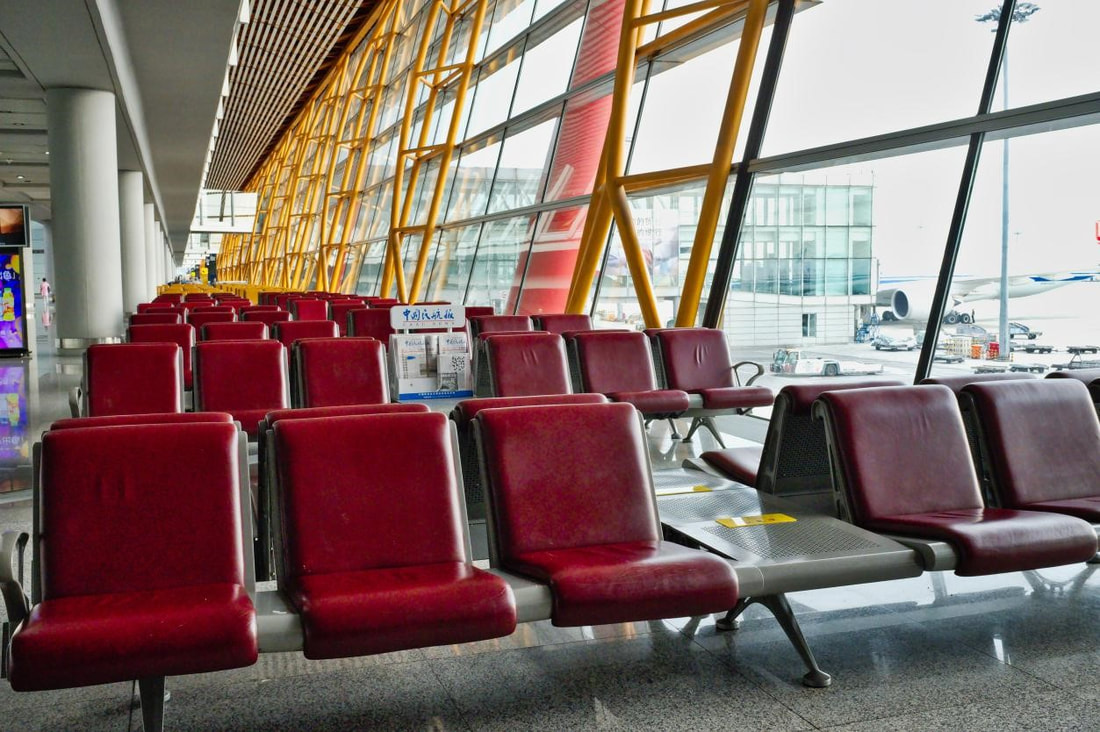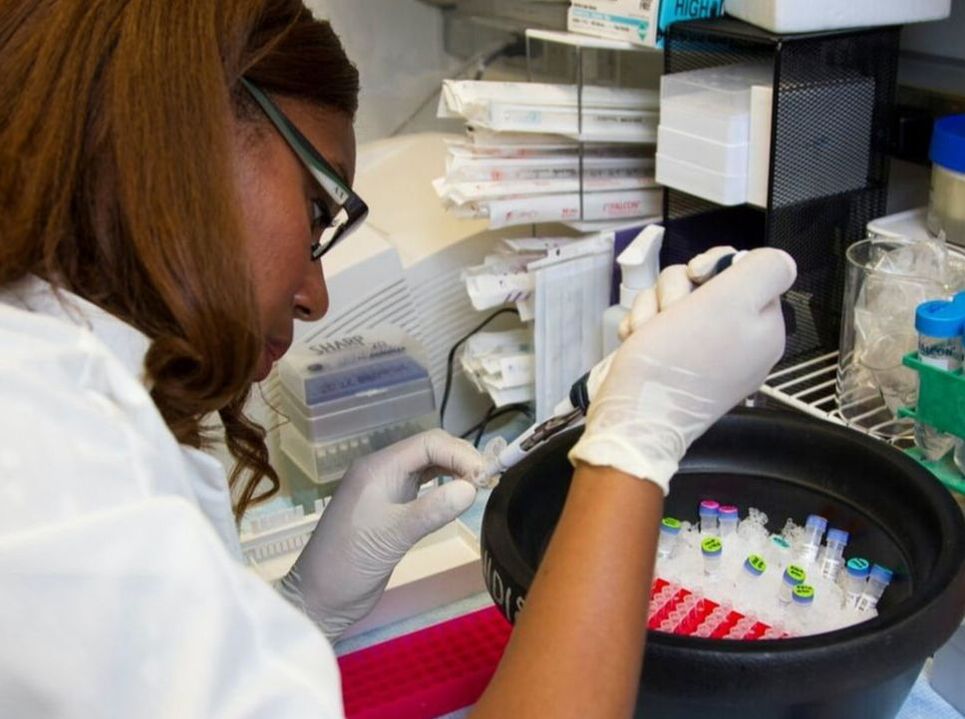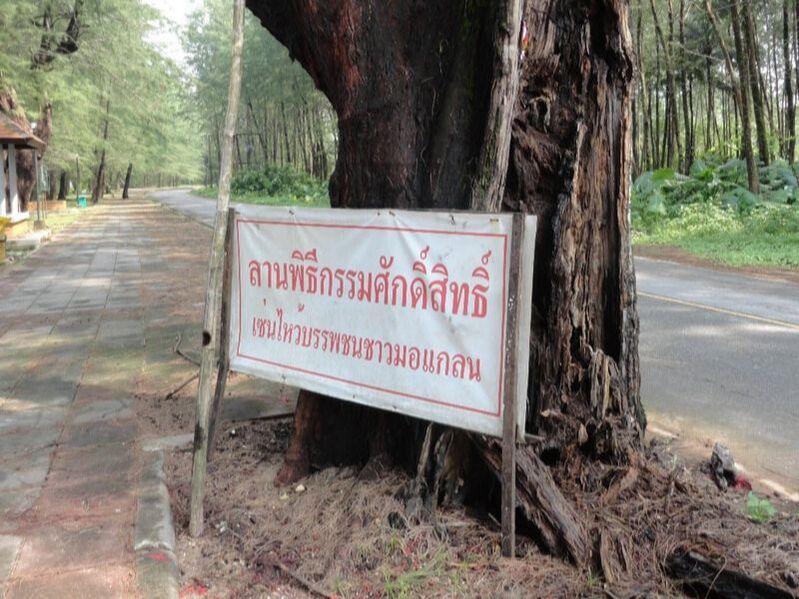|
|
|
The COVID-19 pandemic profoundly transformed people’s lives, identities and practices throughout the world. It had particular effects on the group of international students who usually move frequently between home country and study destination. When the pandemic hit their study destinations in 2020, they had to take immediate action and plan migratory trajectories accordingly.
Chinese international students (CIS) also experienced a nationwide pandemic control policy at home that caused continuous travel constraints on international flights and passengers landing in China. The domestic policy had a profound impact on their migration aspirations – to remain in the study destination or to return home. Simultaneously, students reconfigured their perceptions of homeland. Our research, as detailed in our Identities article, ‘Migration aspirations and polymorphic identifications of the homeland: (Im)mobility trajectories amongst Chinese international students amidst COVID-19’, includes semi-structured interviews with 33 CIS studying in 23 cities of 10 European countries (including the United Kingdom). We aim to understand how students’ identifications of homeland – a cognitive assemblage of emotions, commitments and reflections towards their home country – intersect with their migration aspirations.
0 Comments
Cross-posted from RACE.ED
It has been widely reported that the COVID-19 pandemic has disproportionately impacted Black and Ethnic Minority (BAME) communities across the UK, which have suffered higher rates of hospitalisation and mortality. While the causes of this outsized impact are yet to be fully untangled, it is consistent with longstanding disparities in health outcomes and access to medical treatment between BAME communities and the white majority. The pandemic has, in effect, brought pre-existing health inequities to the fore. With all our hopes for overcoming the pandemic resting on the success of our vaccination programme, it is essential that the jabs being put into arms have been shown to be safe and effective for people across the entire spectrum of our ethnically diverse population. This is important for two reasons. First, medical treatments can have varying effects for people of different ethnic backgrounds, and hence it is essential that clinical trials include volunteers that are representative of the different groups that make up our population. Second, people from BAME backgrounds deserve the same opportunity to build trust in vaccines. This means knowing that vaccines have been rigorously tested on volunteers from their own communities, as well as other groups.
Our identities reflect our relationships with places and spaces. The changing contexts of these relationships also impact, shift and mould our identities. In our Identities article, ‘Hybrid identities: juxtaposing multiple identities against the ‘authentic’ Moken,’ we explore Moken[i] communities living in coastal areas of Thailand, and the Indian Ocean tsunami of 2004. We also spotlight ascriptions of Moken identities as vulnerable, overwhelmingly linked to the sea and with limited opportunities for agency over their livelihoods.
In challenging these ascriptions through our ethnographic research, we found myriad examples of agency with various beliefs, settlement patterns and usage of the sea. The communities we spoke to explained shifting identities, across and between physical spaces of settlement, but also among traditional practices and aspirations for younger generations. That our identities shift and flux is a position made overwhelmingly clear during the past year when the spread of COVID-19 has significantly changed our capacity to relate to different places and spaces. Our experiences of this past year have been contingent on national contexts and structural inequalities, as well as long-held assumptions about certain cultural identities. |
|
Explore Identities at tandfonline.com/GIDE |
|
The views and opinions expressed on The Identities Blog are solely those of the original blog post authors, and not of the journal, Taylor & Francis Group or the University of Glasgow.



